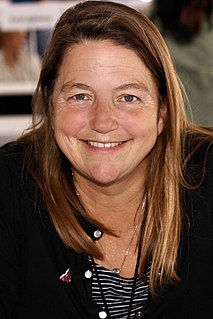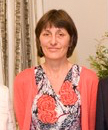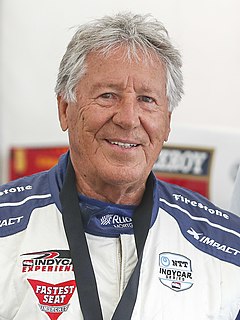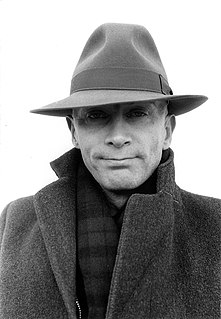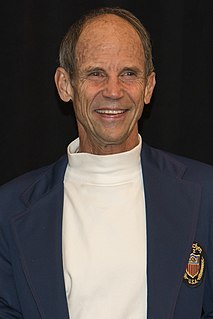A Quote by Jonathan Miles
You can't rent a car in Bermuda; about twenty miles long and two miles wide at its fattest, it deems itself too small for surplus traffic.
Related Quotes
Distance changes utterly when you take the world on foot. A mile becomes a long way, two miles literally considerable, ten miles whopping, fifty miles at the very limits of conception. The world, you realize, is enormous in a way that only you and a small community of fellow hikers know. Planetary scale is your little secret.
In the space of one hundred and seventy-six years the Mississippi has shortened itself two hundred and forty-two miles. Therefore, in the Old Silurian Period the Mississippi River was upward of one million three hundred thousand miles long, seven hundred and forty-two years from now the Mississippi will be only a mile and three-quarters long. There is something fascinating about science. One gets such wholesome returns of conjecture out of such a trifling investment of fact.
To me the biggest waste of time is commuting. First, there is no place that is less than a two-hour commute from New York. You can be half a mile outside of the city limits; you're two hours away by car. I don't care how close they tell you it is. "Oh, it's only thirty miles." Thirty miles? At 8:30 in the morning, thirty miles outside New York, you might as well be starting out in Omaha.
The way to get through anything mentally painful is to take it a little at a time. The mind can't handle dealing with a massive iceberg of pain in front of it, but it can deal with short nuggets that will come to an end. So instead of thinking, Ugh, I've got twenty-four miles to go, focus on making it to the next telephone pole in the distance. Whether you're running twenty or one hundred and twenty miles at a time, the distance has to be tackled mentally and physically one mile at a time. The ability to compartmentalize pain into these small bite sizes is key.
The redwood is the glory of the Coast Range. It extends along the western slope, in a nearly continuous belt about ten miles wide, from beyond the Oregon boundary to the south of Santa Cruz, a distance of nearly four hundred miles, and in massive, sustained grandeur and closeness of growth surpasses all the other timber woods of the world.
I spent the first twenty years of my running career trying to run as many miles as I could as fast as I could. Then I spent the next twenty years trying to figure out how to run the least amount of miles needed to finish a marathon. And I've come to the conclusion the second way is much more enjoyable.


